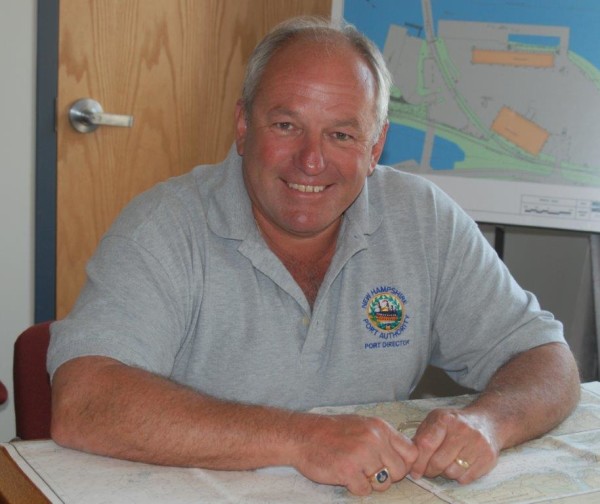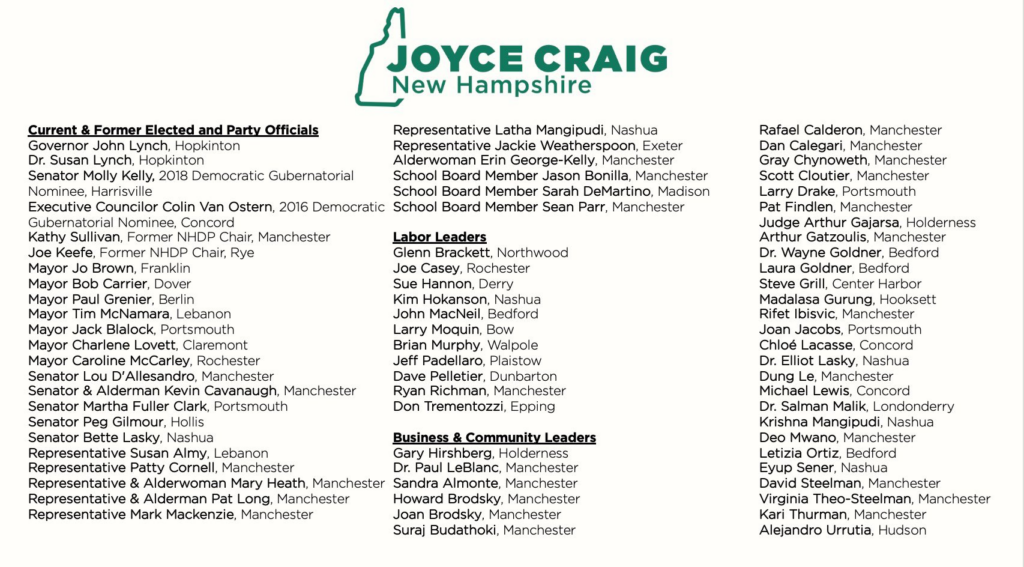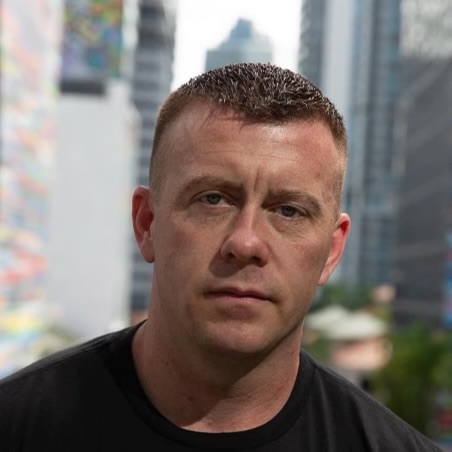Supreme Court Justice’s Husband Hit With Felony Charges as Scandal Spreads

New Hampshire Ports Director Geno Marconi is formally facing criminal charges a day after his wife, Associate Supreme Court Justice Anna Barbara Hantz Marconi, was indicted for interfering in her husband’s criminal investigation.
A grand jury indicted Marconi on two class B felonies – Tampering with Witnesses and Informants and Falsifying Physical Evidence. He’s also charged with four class A misdemeanors – two counts of Driver Privacy Act Violations and two counts of Obstructing Government Administration.
Also charged on Thursday: Bradley Cook, chairman of the Division of Ports and Harbors Advisory Council and a longtime fishing boat captain. Cook was indicted on one class B felony charge for Perjury as well as two counts of class A misdemeanor False Swearing.
Marconi illegally provided Cook with the confidential driving records of another person, known in the indictments as N.L., according to the indictments. Marconi is also alleged to have deleted a voice mail in order to hinder any investigation, the indictments state. Cook is accused of lying to the grand jury when questioned about N.L.’s driving records.
The purpose of the alleged lying and leaking of confidential records by two public officials is not yet clear. Cook spoke to the press before he was called to testify before the grand jury in September. Cook blamed the whole drama on Gov. Chris Sununu and a development plan for Rye Harbor that both Cook and Marconi opposed.
“I would say all of this is because Geno would not bend a knee to Chris Sununu, wouldn’t do what the governor wanted, and instead supports what is right and fair for other people,” Cook told InDepthNH.
Cook did not respond to a request for comment on Thursday. Marconi’s attorneys also did not respond.
Granite State political circles have been buzzing about the Marconis since Geno was placed on leave from his Ports job in April without explanation. That was followed by the stunning news that Justice Hantz Marconi was put on 90-day administrative leave in July, also without an explanation.
It now appears punitive action was taken after she allegedly approached Sununu in a private meeting. Hantz Marconi had been recusing herself from Supreme Court cases involving the New Hampshire Attorney General’s Office for months. The Supreme Court issued a new order Thursday extending Hantz Marconi’s leave indefinitely as she deals with the criminal charges.
Hantz Marconi, 68, was appointed to the Supreme Court in 2017 after being nominated by Sununu. She is close to the mandatory retirement age of 70 for New Hampshire judges. Her term ends in February 2026.
Cook and Marconi both opposed the Pease Development Authority’s (PDA) $1 million plan to develop a raised platform at Rye Harbor for retail shops and restaurants. Though it had backing from the PDA and Sununu, the plan was amid local opposition shelved in August.
Cook and Marconi are due in Rockingham Superior Court on Nov. 27 for arraignment. Hantz Marconi is due for her arraignment in Merrimack Superior Court on Nov. 21. She’s accused of trying to pressure Sununu to drop the investigation, and she is alleged to have sought private information from PDA Chair Steve Duprey.
Republicans who spoke to NHJournal on background are split on the matter. Many are friends of Justice Hantz Marconi and find it hard to believe she would intentionally break the law, even on behalf of her husband. Others complain that, once she knew the situation she was in, she should have resigned and allowed another justice to be appointed. And there is widespread criticism of how Formella is handling Justice Hantz Marconi’s part in the scandal.
“If he has enough to charge her, then he should have enough to get her to resign and avoid this mess,” one Republican activist told NHJournal.
Another Republican with close ties to Pease said the information blackout is a problem.
“It’s the biggest mystery out there. Somebody should let us know what the hell is going on. This has been going on forever.”
This isn’t the first time in recent memory a New Hampshire Supreme Court Justice has been in trouble. In 2000, Associate Justice Stephen Thayer’s divorce wound up before the state Supreme Court, forcing two of his fellow members to recuse themselves. That resulted in Chief Justice David Brock appointing two different judges to a panel overseeing the Thayer divorce.
In the mess that ensued, Thayer was forced to resign to avoid criminal charges and Brock was impeached. He was acquitted in the Senate.













